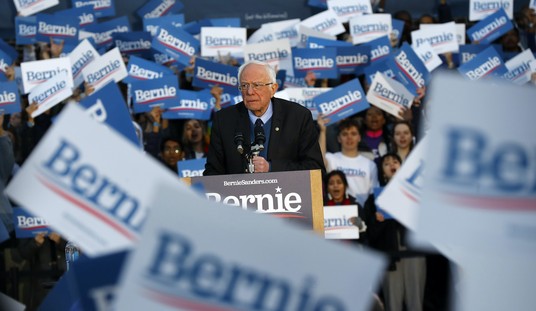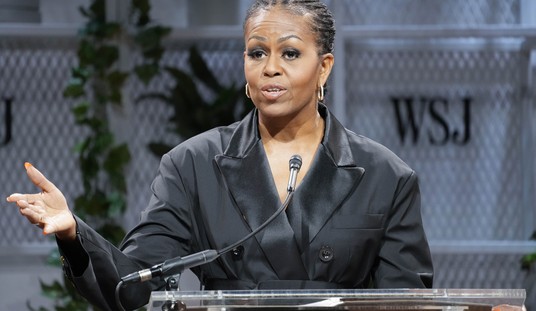First the NFL decides to cheer on politicization of the national anthem while penalizing positive demonstrations of 9/11 unity. Now the NCAA has decided to politicize its entire basketball program over its opposition to North Carolina’s bathroom law requiring use of public-sector facilities to follow physical attributes. Last night, the league announced that seven events scheduled to take place in next year’s championship series will be moved out of the state.
A sports fan just can’t enjoy a game these days, can they?
The NCAA announced Monday evening it would pull seven championship tournament games out of North Carolina because of a controversial state law that critics say is discriminatory to the LGBT community.
“Based on the NCAA’s commitment to fairness and inclusion, the Association will relocate all seven previously awarded championship events from North Carolina during the 2016-17 academic year,” the NCAA said in a statement.
The organization said “current North Carolina state laws” don’t align with its commitment to “promote an inclusive atmosphere for all college athletes, coaches, administrators and fans.”
It didn’t take long for the North Carolina Republican Party to respond. The statement from spokeswoman Kami Mueller accused the NCAA of hypocrisy, and challenged them to reform themselves first:
“This is so absurd it’s almost comical. I genuinely look forward to the NCAA merging all men’s and women’s teams together as singular, unified, unisex teams. Under the NCAA’s logic, colleges should make cheerleaders and football players share bathrooms, showers and hotel rooms. This decision is an assault to female athletes across the nation. If you are unwilling to have women’s bathrooms and locker rooms, how do you have a women’s team? I wish the NCAA was this concerned about the women who were raped at Baylor. Perhaps the NCAA should stop with their political peacocking— and instead focus their energies on making sure our nation’s collegiate athletes are safe, both on and off the field.”
There may be an apples-oranges comparison in this response on one level. Transgendered individuals argue that they fall outside binary gender groups. That’s why they want access to whichever bathroom fits their own self-perception more. That interest competes with the privacy interests of the other 99.4% of the population, many of whom see public restrooms as an area of particular vulnerability — and wonder why the 0.6% of the population who have gender-identity issues can’t just use a stall in the restroom earmarked for their physical attributes rather than their perceived identity. The security issue isn’t with the transgendered individuals themselves as much as it is with those who may well exploit the relaxed access to victimize women.
Mueller’s larger point still holds, though. If gender doesn’t matter and women have no special need to restrict access in places where they partially or fully disrobe, then why does the NCAA allow for segregated team sports? The answer is obvious — to protect access to team sports for women. With NCAA school administrations giving a superheated focus on the risks of campus rape these days and kangaroo-court enforcement of Title IX in allegations of sexual harassment, throwing open the doors to women’s locker rooms and bathrooms on the basis of subjective identity claims is an almost inexplicable move.
The HB2 law is also a somewhat odd target of such derision. The state attempted to fix a confusing patchwork of local laws over bathroom access by making a statewide law covering it. HB2 allows private businesses to offer any designation they want for their bathrooms, but does set public policy for public-sector locations to restrict access to restrooms by physical gender. That may be a largely unenforceable law anyway, but it certainly is within the purview of the state legislature to set such policy, and it reflects the will of the electorate. If it does not, then that’s a matter for the upcoming election — an election that the NCAA clearly wants to influence with this announcement.
Later today on The Ed Morrissey Show, I’ll interview North Carolina Rep. Jason Saine (R-Lincoln County) to discuss this issue further. We’ll start the show with Andrew Malcolm at 4 ET, so be sure to tune in.
Addendum: I like this rebuttal more:
https://twitter.com/ShaneRegated/status/775689947097464833








Join the conversation as a VIP Member